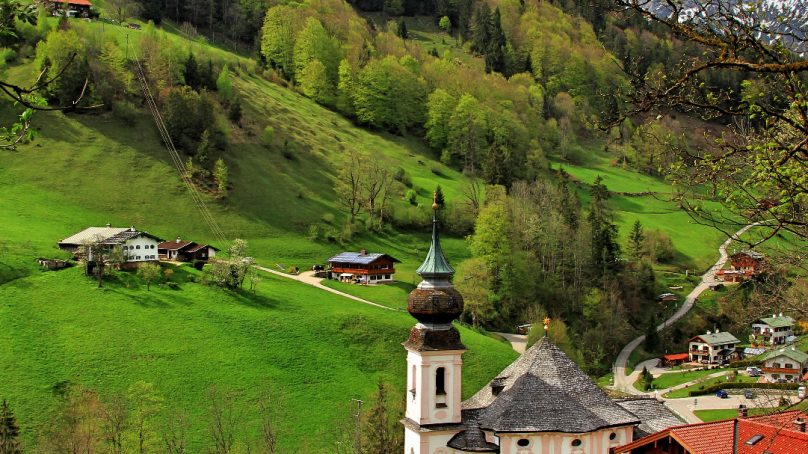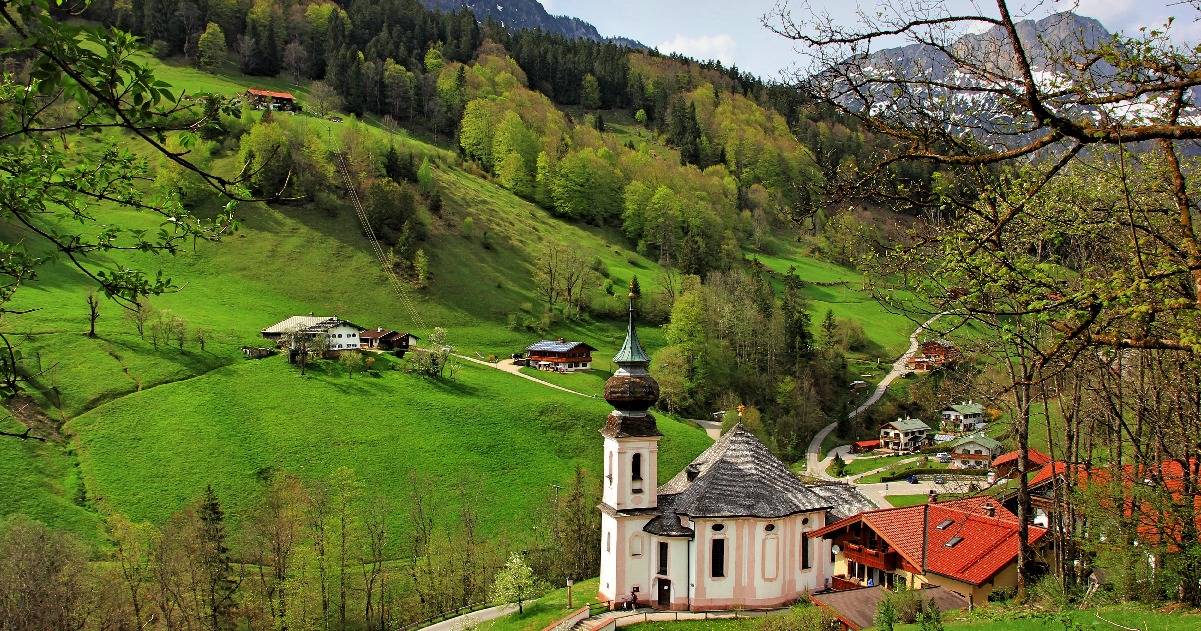Encouraging a new wave of small hotels and local entrepreneurial ventures while valuing heritage and the environment is something Daniel During, principal and managing director of Thomas Klein International, feels strongly about. Here, he describes what the Middle East’s hospitality sector should be focusing on if it is to compete with other markets.
Back in 2015, I wrote an article about the need to turn on the genuine charm and stop the hyperbolic race to be the biggest and coolest, and have the tallest and latest, and instead focus on the local culture, geography, history and landscape.
Well, with the latest Meraas developments in Hatta and various other locations in the Emirates, this need has at last been addressed. We finally have accommodation available in lodges nestled in nature, instead of resorts built around artificially created reefs, islands and beaches.
The GCC has so much to offer that I always felt it was a pity to limit our touristic offering to city, beach and desert luxury resorts. There is a class of traveler today who looks beyond the luxury and seeks the experience.
The sensation of virgin soil between your toes, hearing birds chirping and listening to the sound of the wind blowing through the ghaf trees all have value beyond the price you pay for a hotel room. In our technology-obsessed world of e-meetings and conference calls, there are those who seek respite from it all: individuals who need time to think, develop ideas, design, create and synergize while walking – barefoot – on the sand or soil of remote locations.
Identifying the markets
There are at least two markets willing to pay for a place to stay away from it all, where nature is the only neighbor. The first is the luxury market, one in which the GCC in general, and the UAE in particular, specialize The second was finally addressed by Dubai a few years ago with the creation of Rove hotels. This market is younger and has less available cash to spend on one room night, but travels more and spends a greater amount overall on room nights per year.
Many of these travelers are geo-tourists; they seek beauty in destinations through their nature, heritage and people. For them, originality trumps luxury. Their trip is about the destination, not about the FF&E, the marketing network, the imported cheese from France or the spa therapist from Sweden. They are looking for true Arabian hospitality, and they do not necessarily want to be pampered or fluffed and buffed.
They want to feel the heat on their skin, the dryness of the desert, the rocks under their feet and the sand between their toes. It is about the simplicity of nature and the charm of their hosts and their surroundings. This need for nature and lodges away from civilization has not yet been catered to in our part of the world. There is precious little to offer this demographic that is enchanting, original and within a USD 100-150 average rate band. The USD 400 to 500 a night price tag at the Hatta trail lodges is unaffordable for this market, and while I am not saying the Hatta lodges should lower their prices if they can sell their rooms at the current rates, what is apparent is the importance of serving the large market of digital nomads.
There are also those of us – expats who live in the region – who seek time away from the glitz and urbanization that engulfs our daily lives. Think of the possibilities: families or groups of families just looking to get out of the city and reconnect, maybe learn a new sport or skill; friends who want to do yoga, meditate and detox from their stressful lives; a group of adventure seekers who wants to rock climb and cook over an open campfire; or a group who wants to learn Arabic in a setting that is wholly authentic and serene.
Environmental factors
We would all like to feel that we are respectful of local ecology, certainly in areas of wild, natural beauty. A resort with a small carbon footprint is often more appealing to travelers, and while ecolodges around the world are addressing issues related to energy consumption and how to reduce their footprint, we in the Middle East are falling behind. With natural forms of energy at our fingertips, we should be at the forefront of solar-powered tents by the sea and wind-powered cabins in the mountains.
Local cuisine
Food should be limited to primarily indigenous items – grilled fish, salads, grains, pulses and stone-baked breads – that can be cooked simply and flavored with local ingredients. Furthermore, vegan and vegetarian food should be available. Living in harmony with nature means using meat substitutes and alternative sources of protein, of which there are plenty.
Health treatments
Ayurvedic treatments, massage, yoga and meditation can all be performed without the need for expensive equipment or costly consultants.
Diving and beyond
The natural wonders of our region, particularly diving spots, are bountiful, and while the accommodation aspect is often of little importance to serious divers, there is a huge opportunity to offer better hospitality options. Divers need a good, solid, reliable place, with knowledgeable staff, interesting rooms with hot showers and fresh food. Today, the choice is mainly between pricey luxury resorts or a budget hotel that’s mediocre at best.
Beyond diving opportunities, the region is bursting with oases, waterfalls, cliffs and mountains. There are also many abandoned villages and stone houses that could be restored and re-purposed. Such opportunities provide new ways for governments to support small, private enterprise, to appeal to local families or resident expatriates. With a government led initiative of startup funds or subsidies, planning and education, this segment could thrive. Even expats who are looking for a small, secondary job or investment could participate without the subsidies but with assistance on planning and access to low rate capital.
There are four key upsides for governments:
1. The restoration and safeguarding of heritage sites and the revitalization of abandoned areas
2. The fostering of a new culture of entrepreneurialism among the local population and a way for expats to feel tied to the long-term future of the country 3. It can encourage a sense of national pride for heritage sites and natural wonders, and offer a way to inspire local children and families to re-connect and cherish their land and legacy
4. It can change global perceptions of the region as all flash and no soul The region certainly needs some good press after the financial crisis. A government-led program that encourages grassroots entrepreneurialism, ecology and heritage will signal a laudable celebration of traditions and values through entrepreneurialism.
Of course, it is imperative for any business to make money, but wouldn’t it be refreshing if hotels were also built to enhance the region and add value to the local hospitality offering? Long-term vision involves the long-term sustainability of the various sectors. We can’t maintain the pace of demolishing the old to build the new. We need to respect the ancient and develop our long-term plan based on our own local culture.
So, my appeal goes out to both the government and potential investors. Is there anyone out there up for the challenge?



















